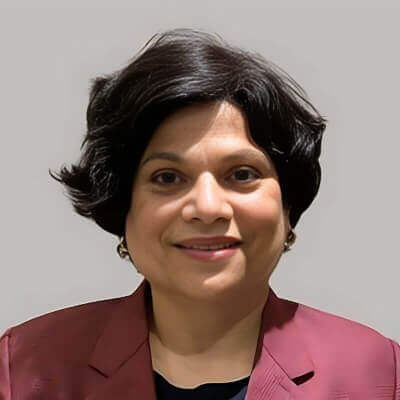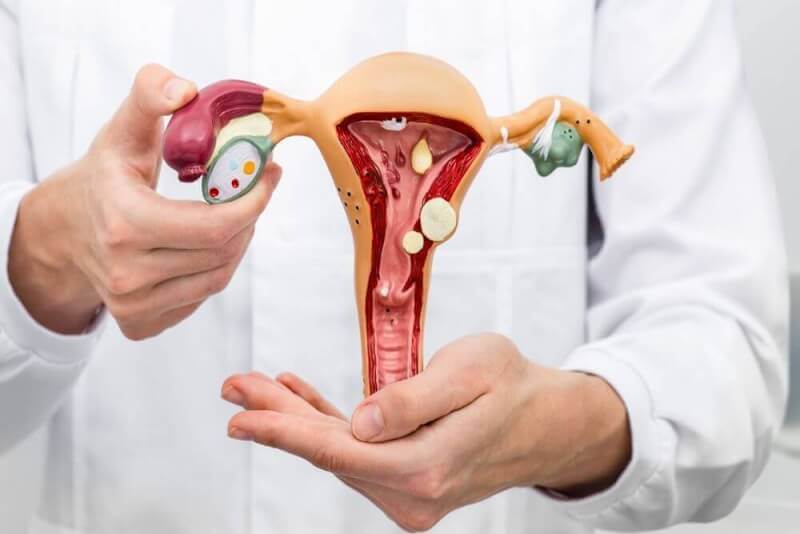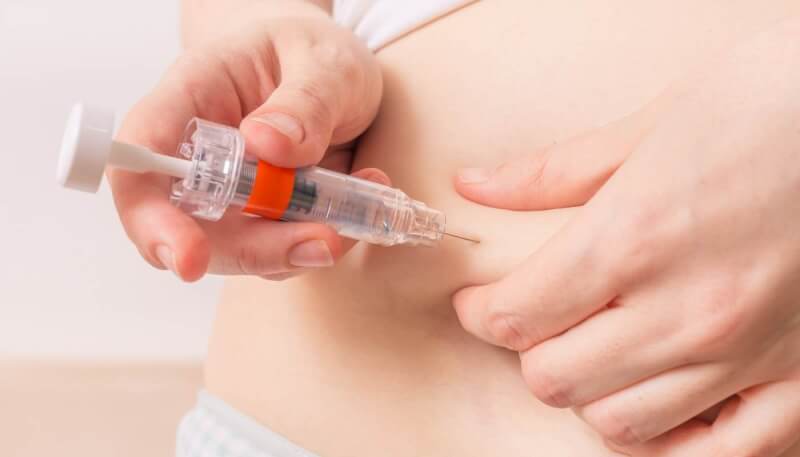The department of obstetrics and gynecology, which is one of the medical fields, is also called gynecology and obstetrics. In this department, which deals with the structures of female reproductive organs, all kinds of diseases of the female reproductive organs such as cervix, uterus, vulva, vagina and tubes are diagnosed and treated. In the obstetrics part of the branch, pregnancy, pregnancy follow-up and pregnancy problems are provided. In addition, various diagnostic and treatment methods such as female infertility, vaccination, uterine filming, in vitro fertilization methods and egg monitoring are also applied in the department of gynecology and obstetrics.
The department of obstetrics and gynecology is competent not only in the diagnosis and treatment of gynecological diseases and pregnancy conditions, but also in the diagnosis and treatment of diseases in the field of pediatric and adolescent gynecology. Both pediatric and adolescent gynecologic cancers are the department that diagnoses and treats various health problems such as urogynecologic, sexual dysfunctions and reproductive health, follow-up of high-risk pregnancies. The department of gynecology and obstetrics is a department to which women apply not only during the reproductive period but also during menopause.
What are the conditions related to gynecology and obstetrics?
There are many diseases and health conditions that the obstetrics and gynecology department deals with. These include menstrual diseases, uterine diseases, sexual dysfunctions, birth control methods, infertility, normal or cesarean delivery, vaginal problems, pregnancy follow-up, placental disorders and ovarian problems.
What diseases do gynecologists deal with?
Gynecologists not only diagnose and treat many different diseases that affect women's reproductive health, but also apply many preventive methods to protect women's health. Gynecology and obstetrics department is generally divided into the following main sub-headings.
- Gynecology
- Pregnancy and childbirth
- Urogynecology
- Gynecologic oncology
- Andrology
- Menopause
- Pediatric and adolescent gynecology
- Gynecological operations
Gynecology (gynecology)
Among the gynecology conditions that gynecologists are interested in are the following.
- Gynecological examination before marriage
- Periodic gynecological examinations
- Tailor-made family planning methods
- Breast diseases
- Cancer screening with various diagnostic methods
- Ultrasonographic examinations
- Hormonal disorders and their treatment
Pregnancy and childbirth
Another important detail in the department of gynecology and obstetrics is to ensure that women receive the necessary care during pregnancy. During pregnancy, which is extremely important for the continuation of healthy generations, attention is paid to the health of both mother and baby. In addition, various tests such as chromosome analysis and, if necessary, treatment methods are applied to prevent risks such as consanguineous marriages or to identify genetic diseases in advance. Among the tasks undertaken by gynecologists in the field of pregnancy and childbirth are the following:
- Pre-pregnancy examination, information and counseling services for women planning pregnancy
- Examination of examinations and laboratory tests to check maternal health
- Detection of pregnancy
- Close monitoring of pregnancy
- Ultrasonographic fetal anomaly screening to detect possible health problems in babies
- Conducting double and triple tests
- Performing the amniocentesis synthesis test
- Preparation of the diet that should be followed during pregnancy
- Close monitoring of high-risk pregnancies
- Providing supportive services to women during pregnancy on physical, mental and nutritional issues
- Supporting women during pregnancy in their preparation for childbirth
- Monitoring the baby's heartbeat and determining the baby's well-being at later gestational weeks
- Planning contraception after childbirth
- Determining the causes of infertility and applying the necessary treatments
Urogynecology
The department of gynecology and obstetrics is the department authorized to determine the appropriate treatment method for the patient with clinical evaluation and urodynamic examinations of health problems such as bladder, prolapse, urinary incontinence and uterine prolapse, which are among the common health problems in women. Urogynecology treatments include the following.
- Medication
- Surgery
- Kegel exercise
- Botox
- Bladder training
- Pesser
- Vaginal conlar exercise management
Gynecologic oncology
Another important subdivision of the obstetrics and gynecology department is gynecologic oncology. Gynecologic oncological diseases are the leading cause of female mortality among cancer diseases worldwide. On the other hand, simple gynecological tests that women regularly undergo are extremely important in the prevention or early diagnosis of gynecological oncology diseases. The types of cancer that the gynecology and obstetrics department deals with include the following.
- Cervical cancer
- Breast cancer
- Uterine cancer
- Types of cancer in the external genital organs
In addition, in the gynecological oncology department, information on cervical cancer is provided and the vaccine is also administered. In addition, ovarian cancer screening and diagnosis is also one of the duties and responsibilities of the gynecology and obstetrics department.
Andrology
Diagnosis and treatment methods in andrology, also called reproductive health, are as follows.
- Infertility
- Ultrasound
- Infertility tests
- Doppler
- Ovulation monitoring
- Canal blockages
- Hysteroscopy
- Endometriosis
Menopause
It is extremely important not to interrupt regular gynecological examinations during menopause, which is extremely important for women's health. This is because 45% of female cancers occur in the genital organs and the most common age range for cancers is between 40 and 55 years. For this reason, women should be much more careful during menopause and approach cancer screening more meticulously.
Pediatric and adolescent gynecology
The Department of Obstetrics and Gynecology offers counseling, diagnosis and treatment services not only for adults but also for girls and young women. While it is possible for children and young girls to lead a healthier life by controlling natural processes, it is also extremely important to provide various information about these processes.
Gynecological operations
Surgery is used as a treatment method for some gynecological diseases. Gynecologists and obstetricians who have completed the necessary training carry out these treatment methods. In general, the following are among the surgeries performed in the field of gynecology.
- Cyst operations
- Endometrial resection
- Fibroid operations
- Removal of polyps and fibroids
- Infertility operations
- Opening of the septum and stickiness of fish
- Urinary tract operations
- Endometriosis
- Ectopic pregnancy
- Cancer operations
- Laparoscopic abdominal vaginal hysterectomy
In which cases should you consult a gynecology and obstetrics department?
There are many different reasons to consult a gynecology and obstetrics department. However, the most important of these are routine gynecological examinations to protect women's health. During these examinations, it will be determined whether there are any problems in the health of the female reproductive organs, as well as providing early diagnosis of female reproductive organ cancers.
On the other hand, it is also one of the responsibilities of the gynecology and obstetrics department to closely monitor the pregnancy period in order to ensure that pregnancy periods and birth processes, which are considered to be the most important periods of women's lives, pass in a healthy and trouble-free manner and to protect the health of both mother and baby. Thanks to gynecology specialists, it can apply to the obstetrics and gynecology department for pregnancy follow-up in the whole process from the detection of pregnancy to birth and early intervention in case of any problems.
In addition, it is a department that should be consulted for gynecological examination and necessary examinations in case of any symptoms related to female reproductive organs.



















